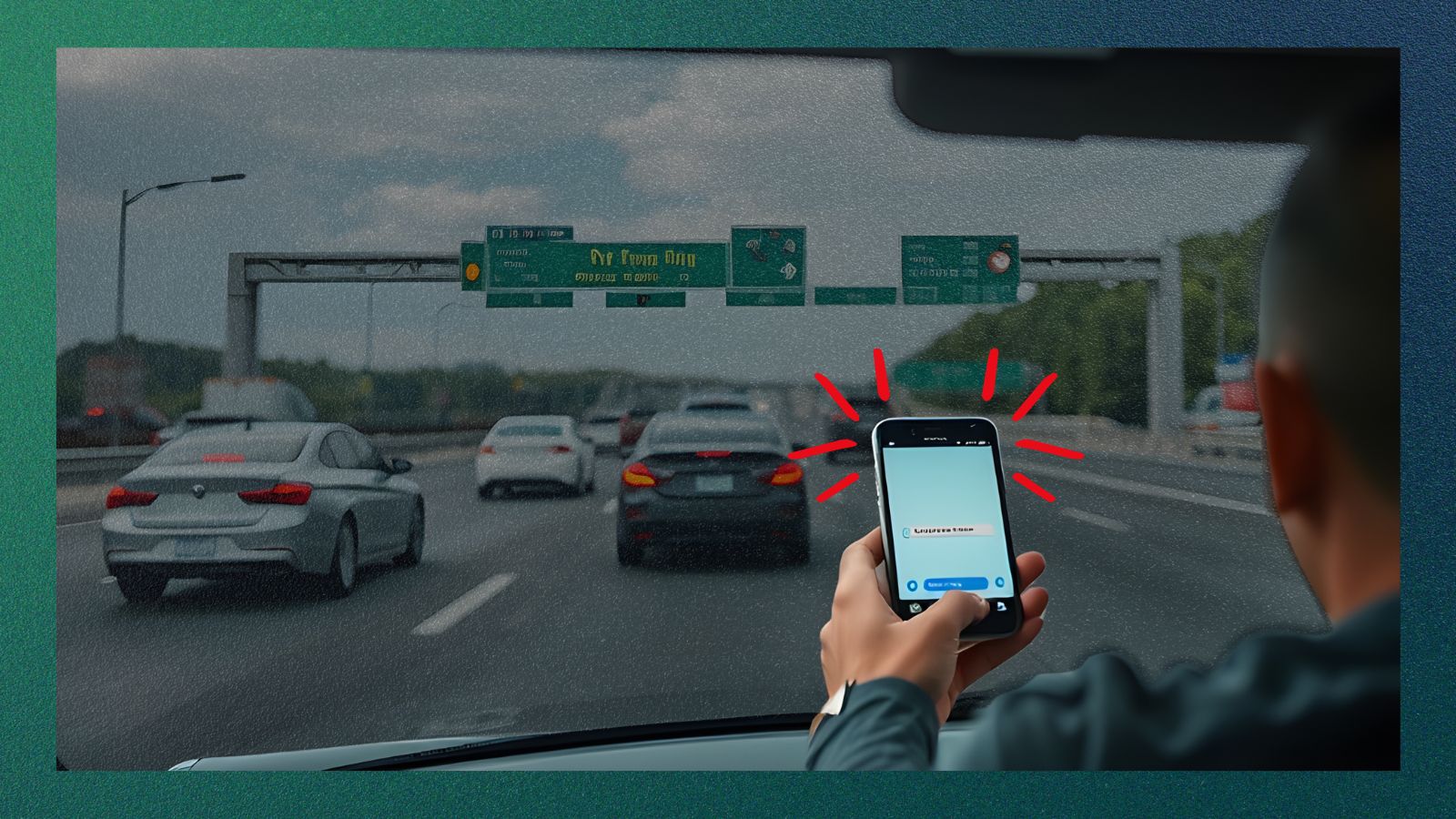
‘Yout’ Revised Its Lawsuit Against the RIAA With Amended Complaint
- The YouTube ripping platform ‘Yout’ returns in court with a revised complaint against the RIAA.
- The site owner claims that the service isn’t circumventing any protection measures, as there aren’t any on YouTube.
- The RIAA maintains that YouTube’s rolling cipher is a form of a DRM, but in practice, it really isn’t.
The legal battle between ‘Yout,’ a YouTube ripping platform, and the RIAA (Recording Industry Association of America), started in October 2020, when the former sued the latter for DMCA abuse and defaming. That case stalled last month after both parties produced a pile of new details around how YouTube works. The Connecticut court that handled the case decided that the scope of the initial complaints had been overpassed by new evidence, so it gave the two parties the opportunity to amend their complaints to better reflect the essence of their case.
As spotted first by TorrentFreak, Yout’s new complaint seeks declaratory relief relevant to 17 U.S.C. § 1201 (on Circumvention of Copyright Protection Systems). It claims that the RIAA has misrepresented facts around the infringement of 17 U.S. Code § 512 (on Limitation of Liability Relating to Material Online). This essentially results in the defamation of Yout, which claims to be operating within a perfectly legitimate context, causing people to fear using its services, thus destroying its business and undercutting its revenues.
As Yout explains, there’s no circumvention of copyright protection systems taking place from their side, as YouTube isn’t hiding the content from view by use of a cipher or other means. Instead, the content is publicly available to anyone with an internet connection and a web browser, not even requiring a YouTube account to view it. If a Yout user attempts to rip something that features any digital protection mechanism, they will get an error from the platform preventing them from recording and saving a copy.
YouTube does not implement Digital Rights Management (DRM) mechanisms but instead provides the content on any HTTP user agent with a JavaScript interpreter. This is precisely what Yout and most video ripping platforms use. And as for the ‘rolling cipher’ mentioned in RIAA’s motion, Yout explains that this is not a DRM but merely a primitive form of encrypting URLs using a rolling key. As even a human can decipher it without the help of a machine, this cannot even be considered an elementary protection measure.
Although ripping audio from videos is against YouTube’s terms of use, the case here is about DMCA violations and the circumvention of content protection mechanisms, so Yout is making their position very clear in that second motion. If the RIAA doesn’t respond with something that widens the scope of their allegations, the chances of having a favorable outcome will be slim.





